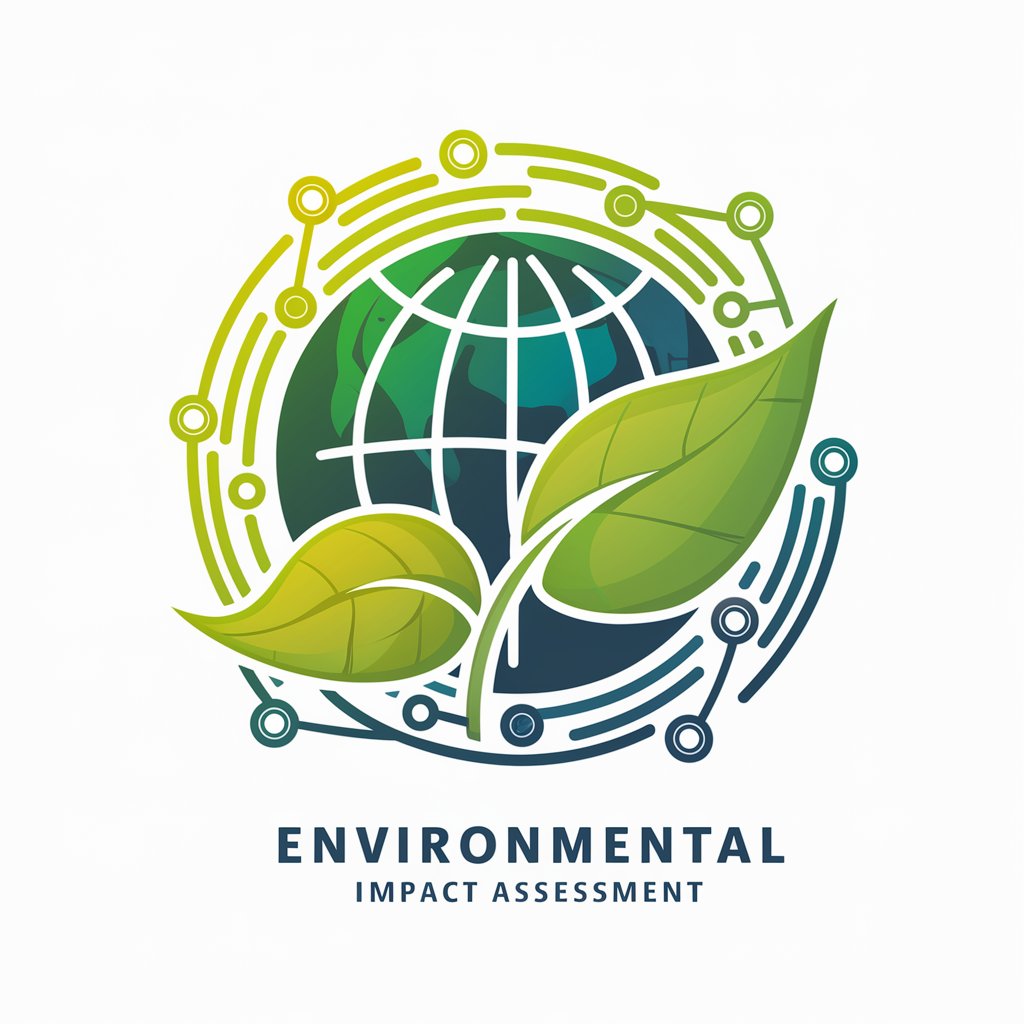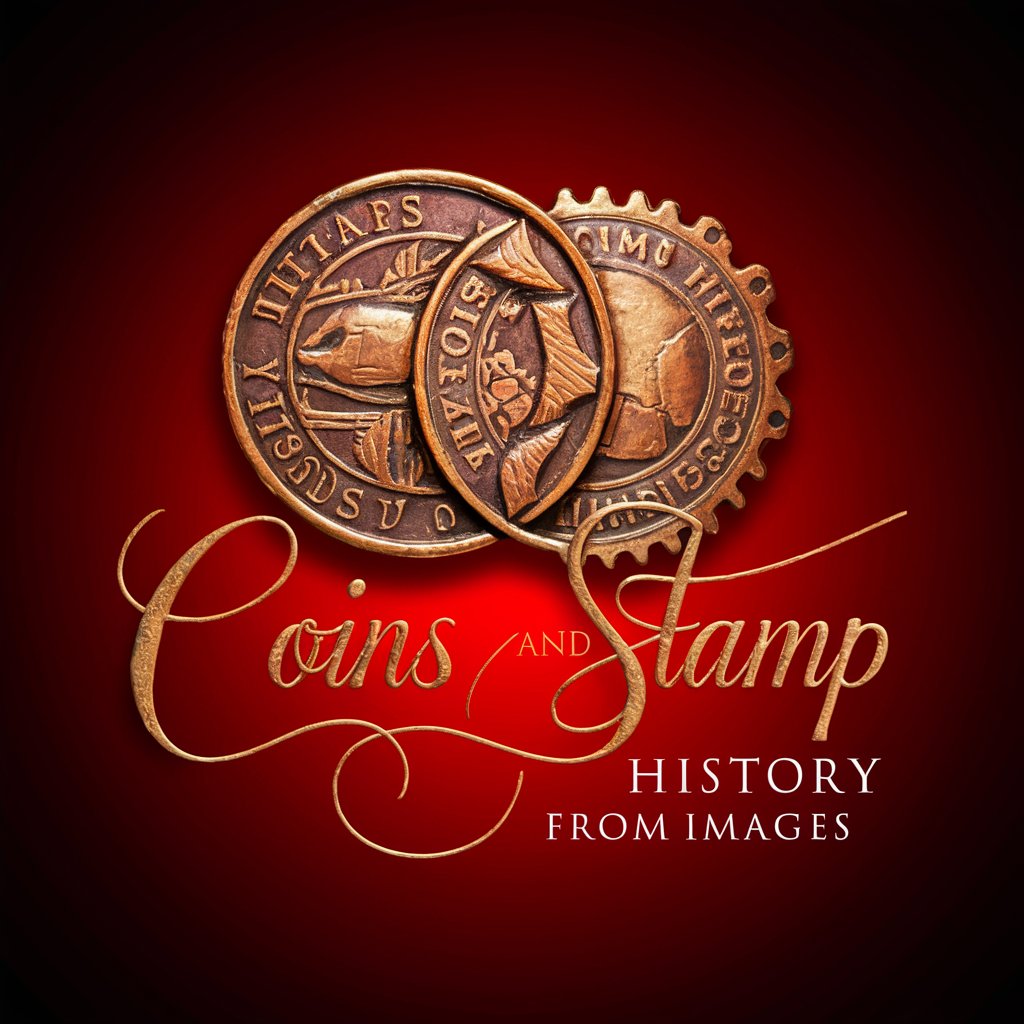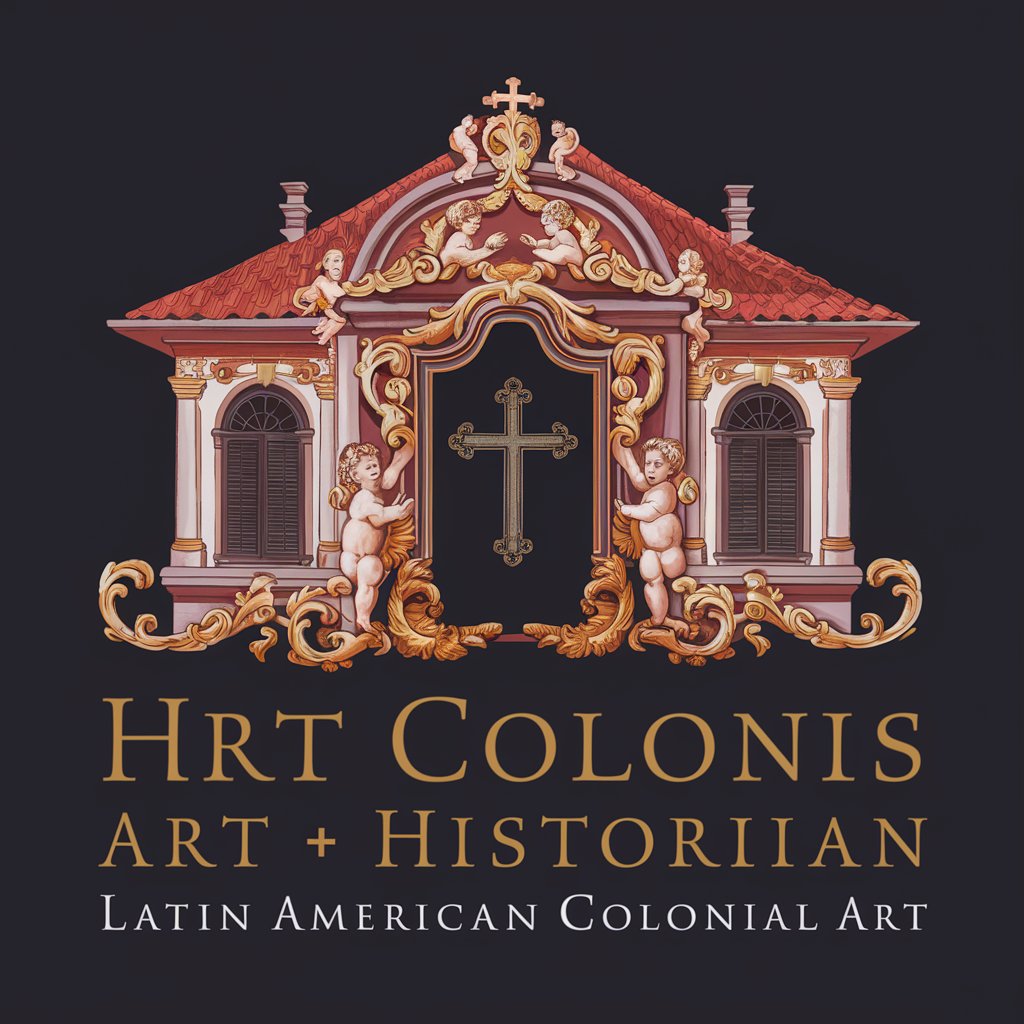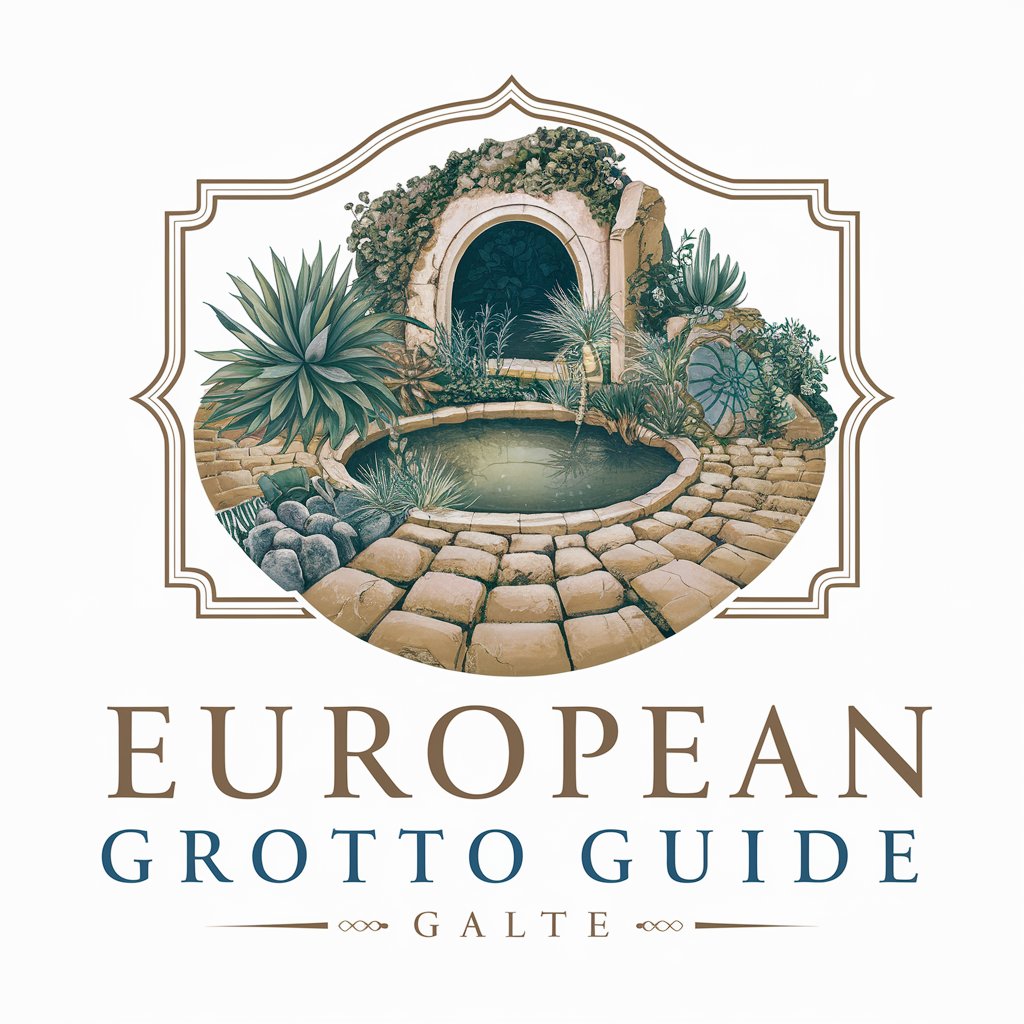7 GPTs for Heritage Conservation Powered by AI for Free of 2026
AI GPTs for Heritage Conservation refer to advanced artificial intelligence models, specifically Generative Pre-trained Transformers, that are customized or tailored for tasks within the heritage conservation sector. These tools leverage natural language processing and machine learning to analyze, predict, and generate content relevant to preserving cultural, historical, and architectural heritage. Their relevance lies in their ability to understand and process complex heritage conservation terminologies and concepts, thus offering specialized solutions for documentation, analysis, and education in this field.
Top 7 GPTs for Heritage Conservation are: Geometric Draft Master Plus,EIA model,Coins and Stamp History from Images,Historiador de Arte Colonial,European Grotto Guide,REALITY CAPTURE,彩灯夜游文旅
Geometric Draft Master Plus
Empowering design with AI-driven precision

EIA model
AI-powered Environmental Insight at Your Fingertips

Coins and Stamp History from Images
Discover history through images with AI-powered analysis.

Historiador de Arte Colonial
Decoding Colonial Art with AI

European Grotto Guide
Authentic Grotto Design, AI-Powered

REALITY CAPTURE
Transforming reality into digital precision with AI

彩灯夜游文旅
Illuminating Nights with Traditional Elegance and Modern Brilliance

Key Attributes of Heritage Conservation AI Tools
These GPTs tools are distinguished by their adaptability, supporting a range of functions from simple queries about historical facts to complex analysis of conservation techniques. Key features include advanced language comprehension tailored to heritage jargon, technical support for research and documentation, enhanced web searching for scholarly articles, image generation for restoration visualization, and data analysis for predicting conservation outcomes. These capabilities enable the tools to serve as comprehensive assistants in the heritage conservation domain.
Who Benefits from Heritage Conservation AI?
AI GPTs for Heritage Conservation are designed for a broad audience, including conservation novices seeking to learn about heritage preservation, developers creating specialized applications in the field, and professionals such as historians, archaeologists, and conservationists. The tools are accessible to users without programming skills through user-friendly interfaces, while also offering extensive customization options for users with technical expertise.
Try Our other AI GPTs tools for Free
Musical Magic
Discover the transformative power of AI GPTs for Musical Magic, your gateway to innovative music creation, analysis, and more. Perfect for enthusiasts and professionals alike.
Creative Mocktails
Discover how AI GPTs revolutionize mocktail creation with customizable recipes, trend insights, and visual presentations, making it easier for enthusiasts and professionals to innovate.
Economic Fundamentals
Explore AI GPTs tools for Economic Fundamentals, designed to revolutionize economic analysis with advanced data processing, predictive modeling, and user-friendly interfaces for professionals and novices alike.
Health Scheduling
Discover AI-powered GPT tools for Health Scheduling, designed to streamline healthcare appointments and optimize operational efficiency with smart, adaptable solutions tailored for providers and patients alike.
Interpersonal Insight
Discover how AI GPTs for Interpersonal Insight can revolutionize your understanding of human interactions, enhancing communication and emotional intelligence with advanced natural language processing.
AI Imagery
Discover the world of AI GPT tools for AI Imagery: versatile, user-friendly solutions for creating and analyzing visual content. Ideal for both novices and professionals in the visual and technology fields.
Expanding Horizons with AI in Heritage Conservation
AI GPTs for Heritage Conservation not only provide tailored solutions for the sector but also introduce opportunities for innovation. Their integration into various stages of conservation projects showcases their versatility. User-friendly interfaces and adaptability make these tools a significant addition to the toolkit of anyone involved in the preservation of heritage, from academic research to practical applications.
Frequently Asked Questions
What exactly are AI GPTs for Heritage Conservation?
AI GPTs for Heritage Conservation are specialized artificial intelligence models designed to support and enhance tasks related to preserving cultural and historical heritage through advanced language processing and data analysis.
How can these tools benefit heritage conservation efforts?
They offer precise language understanding, data-driven insights, and the capability to generate or predict conservation outcomes, aiding in research, documentation, and educational outreach.
Are these tools accessible to individuals without coding skills?
Yes, they are designed with user-friendly interfaces that do not require programming knowledge, making them accessible to a wider audience interested in heritage conservation.
Can professionals in heritage conservation customize these tools?
Absolutely, professionals with programming skills can tailor these tools to fit specific needs or integrate them into existing systems, enhancing their utility in specialized applications.
Do these AI tools support image generation for restoration projects?
Yes, one of the standout features includes the ability to generate images that can visualize restoration efforts or predict the impact of conservation techniques.
How do these tools handle complex heritage conservation terminology?
They are trained on specialized datasets that include heritage conservation terminology, ensuring accurate comprehension and appropriate responses to queries in this domain.
Can these AI GPTs assist in predicting conservation outcomes?
Yes, through data analysis and pattern recognition, these tools can predict potential outcomes of conservation efforts, aiding in decision-making processes.
Are there any limitations to what these AI tools can do in heritage conservation?
While highly advanced, they cannot replace the nuanced understanding and expertise of human professionals in certain complex scenarios, serving instead as valuable support tools.